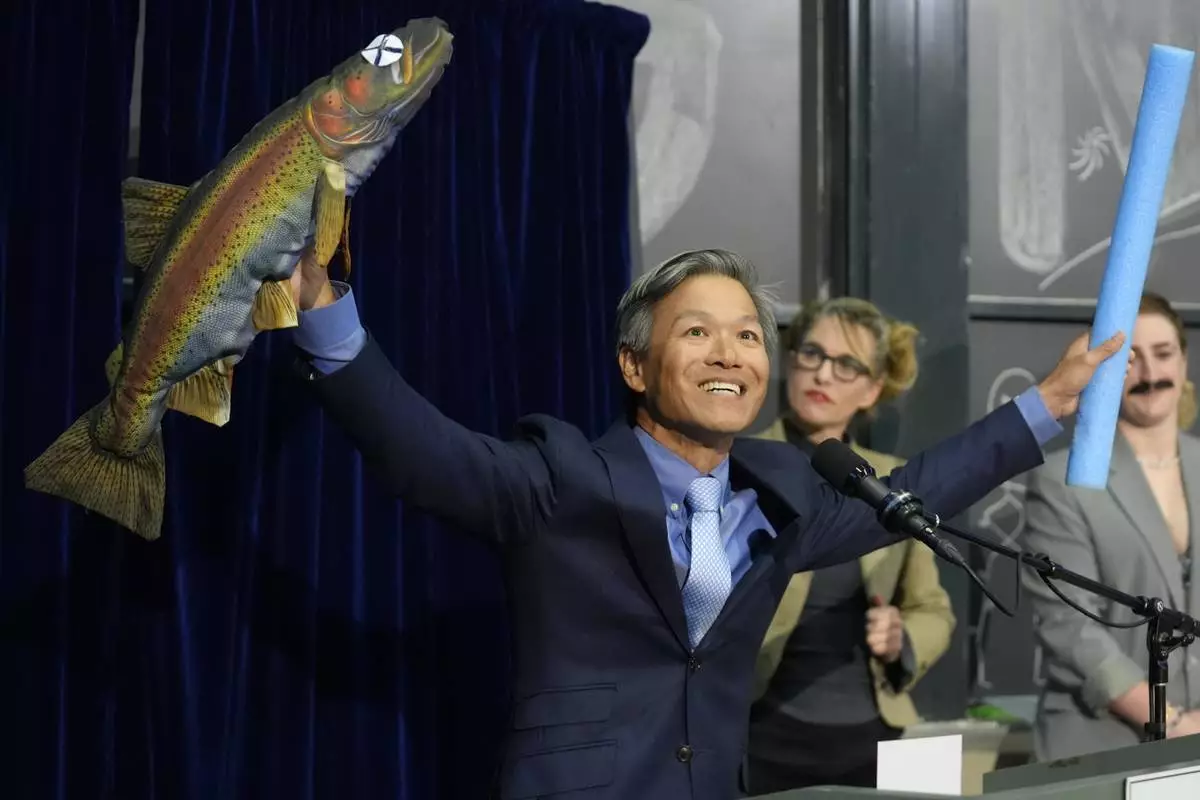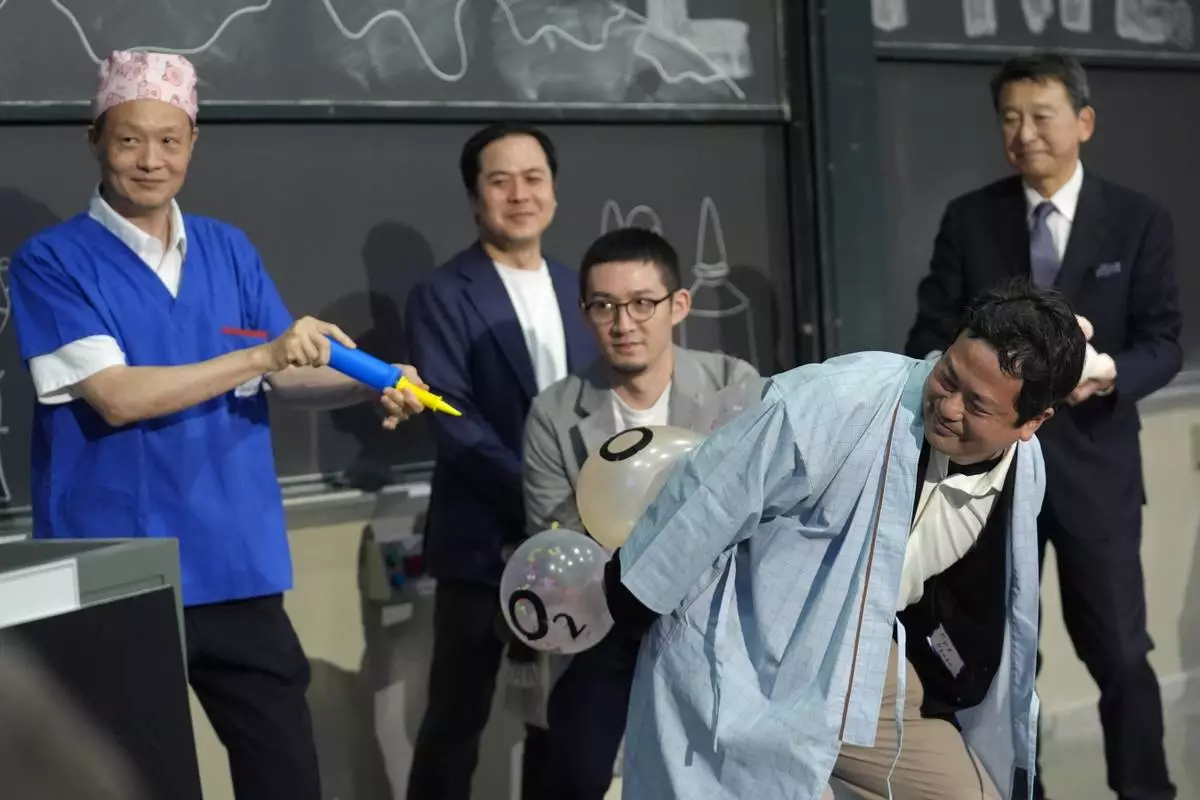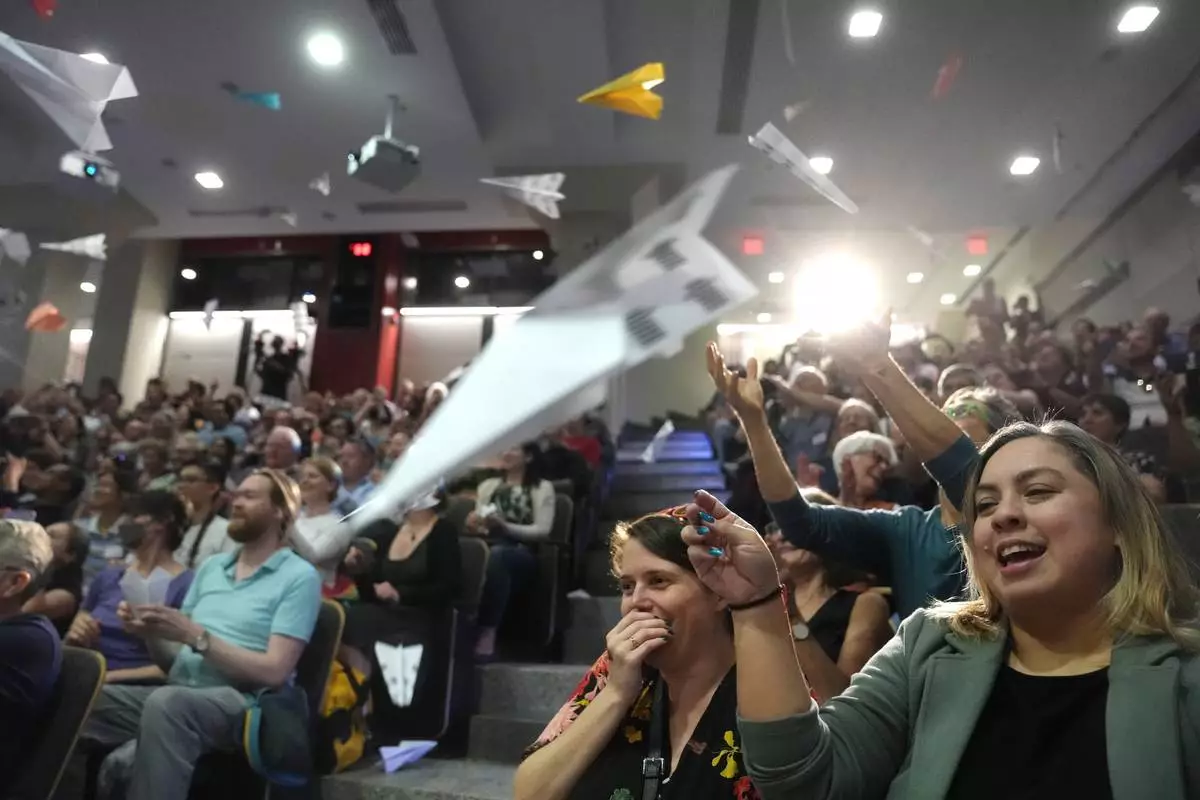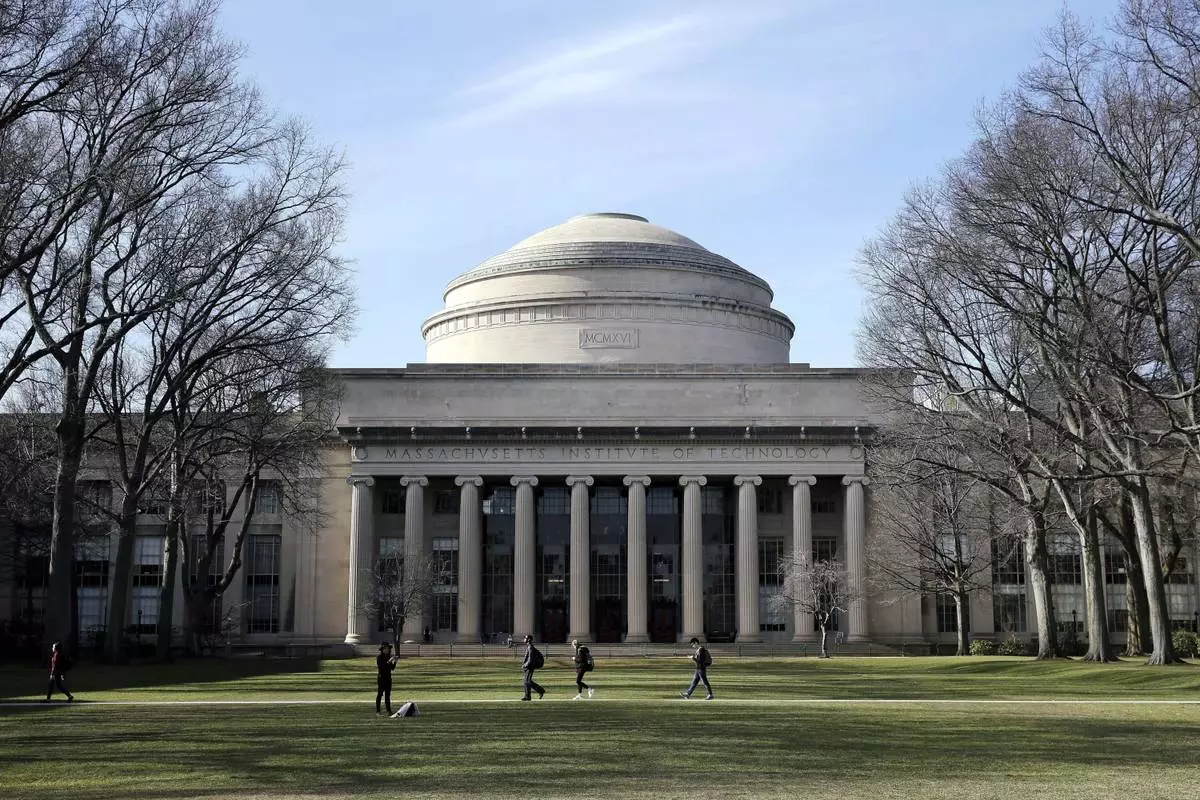RALEIGH, N.C. (AP) — A North Carolina racetrack shuttered briefly for defying state gathering limits during the pandemic can sue the top health regulator on allegations that Gov. Roy Cooper's administration violated the constitutional rights of its operators by trying to make an example out of it, the state Supreme Court ruled Friday.
The justices agreed unanimously that counterclaims that Ace Speedway in Alamance County and its owners filed seeking financial damages can continue, agreeing with a Court of Appeals panel in 2022 and a trial judge that refused to throw them out. That lawsuit was filed weeks after a judge in 2020 helped enforce then-Health and Human Services Secretary Mandy Cohen's order to stop the track from holding events unless they complied with Cooper's statewide executive order that included crowd-size limits.
State lawyers representing Kody Kinsley — Cohen’s successor — argued the speedway was cited because it repeatedly and publicly violated the law, and that sovereign immunity blocks such litigation against a state official. They also said COVID-19 gathering limits were temporary and served a proper governmental purpose to protect the public during the “early and uncertain stages of an unprecedented global pandemic.”
But the Supreme Court agreed the speedway’s attorney made plausible legal claims that the state infringed on rights for people to enjoy “the fruits of their own labor” and conducted ”unlawful selective enforcement” of its order against the speedway. The substance of those claims have yet to be judged in court.
“We emphasize that these allegations remain unproven,” Associate Justice Richard Dietz wrote in the court's opinion, but “these allegations assert colorable claims under the North Carolina Constitution for which there is no alternative remedy,” and thus litigation is allowed.
The ruling hands a legal defeat to the Democratic governor by a court composed of five registered Republicans and two Democrats. The case now returns to trial court to be heard. The state Department of Health and Human Services is reviewing the decision, a spokesperson said.
Three days after Cooper issued a May 2020 executive order placing a 25-person cap on all outdoor gatherings, Ace Speedway hosted approximately 2,550 spectators for its first race of the season.
Racetrack operator Robert Turner spoke out against the restrictions and said his racetrack would remain open for all attendees. A sign posted on site at a subsequent race that June labeled the 2,000-person gathering a “peaceful protest of injustice and inequality everywhere,” the lawsuit states.
When the short-track speedway continued to draw crowds of 1,000 or more, Cooper's office ordered the Alamance County sheriff to intervene. After the sheriff refused, the Cooper administration declared Ace Speedway an “imminent hazard” for the spread of COVID-19 and called for its closure until the order expired. Turner alleged that Cooper treated his business differently than other outdoor venues because of his vocal opposition.
Such restrictions have long expired. State attorneys argued if counterclaims were allowed to continue, they would “hamstring the government’s ability to effectively address future public health crises and other emergencies,” Kinsley’s legal brief read.
Dietz wrote that at this stage of the case the Ace Speedway allegations must be taken as true. And if Cooper did indeed single out the business for enforcement because of Turner's outcry, then the order would have not held a proper governmental purpose, Dietz said.
Chuck Kitchen, an attorney representing the speedway operators, praised Friday's decision, saying the speedway was shut down for nearly an entire racing season.
Other court cases involving the governor's powers in health emergencies are pending.
The state Supreme Court has agreed to hear a pair of cases filed by operators of standalone bars who said Cooper's executive orders forcing them to remain shuttered for safety while restaurants that serve alcohol got to reopen violated the state constitution. Court of Appeals panels have sided with the bar and taverns. Kitchen, who is also representing plaintiffs in one of the bar cases, said the bar litigation could address more broadly whether the executive orders were unlawful even without selective enforcement allegations.

FILE - Hundreds of race fans wait in line to purchase tickets at the Ace Speedway in the rural Alamance County community of Altamahaw near Elon, N.C., on May 23, 2020. (Robert Willett/The News & Observer via AP, File)













